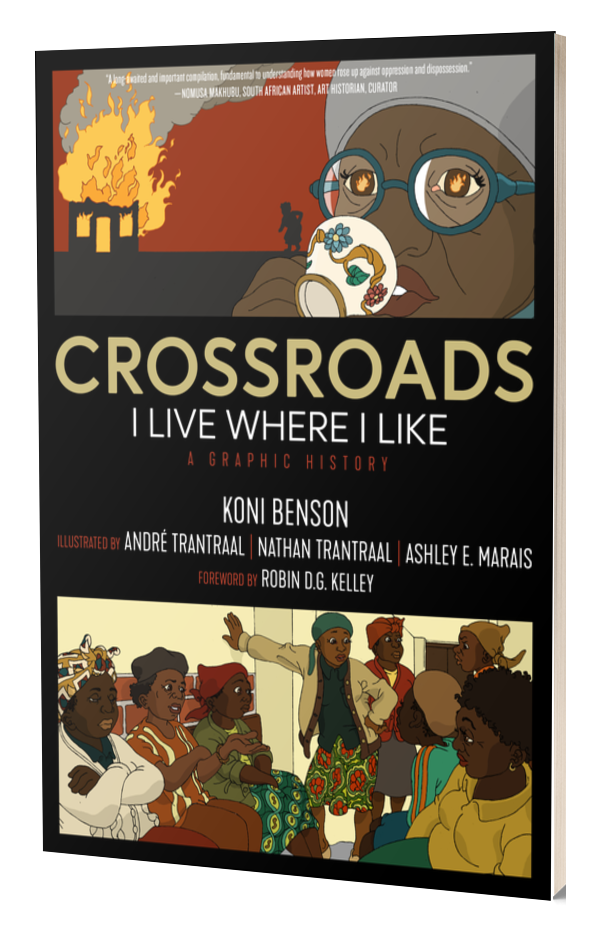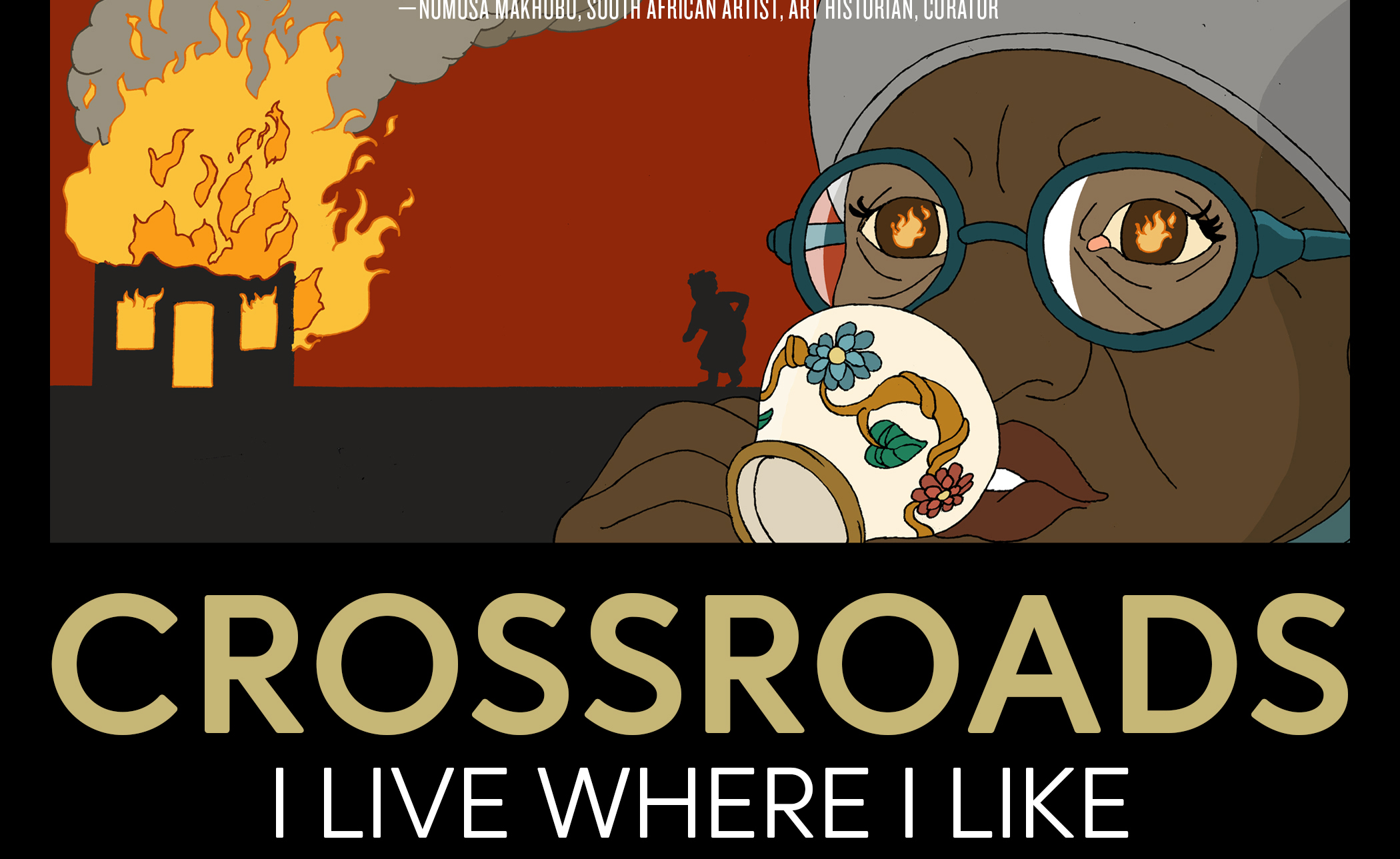Crossroads was the only African informal settlement to successfully resist the apartheid bulldozers that forcibly removed over 3.8 million people in the apartheid decades. Crossroads: I Live Where I Like, brings to the fore one of the most powerful and forgotten movements that have shaped the history nof Cape Town..
African women formed the Crossroads Women’s Committee, refused to move and spearheaded a local, national and international movement that eventually ended the pass laws and enabled hundreds of thousands of shack dwellers the right to the city.
Again, post 1994, women in Crossroads formed the Women’s Power Group, one of the first and most important of the post-apartheid movements for urban rights.
Importantly, the history of these two groups looks beyond party politics and the women’s movement to community-based organising, where women have continued to organise for urban survival in the face of multiple pandemics. It draws on hundreds of archival sources, from newspaper clippings and affidavits to court documents, reports and surveys – and over 60 life narratives and decades of archival research, in collaboration with locally renowned artists and organisers.
For this, it has received praise from scholars across the social sciences and humanities, from historians and political scientists to scholars of gender and urban studies and arts. It won the 2021 University of the Western Cape Best Book Award, has been featured on Black Agenda Report’s Book Review, Publisher’s Weekly, Daily Maverick and New Agenda. The book was also chosen as one of Exclusive Book’s feature books for June 2022.
Across the Cape Flats, the book has been read by reading groups organised by the Crossroads Philippi Young Women’s Reading Group and the education NGOs Bottom Up and Tshisimani.
Crossroads: I Live Where I Like raises questions critical to the reproduction of segregation and to gender and gender dynamics of collective organising, as well as to ongoing anticolonial struggles and struggles for the commons, and to new approaches to social history and creative approaches to activist archives.







